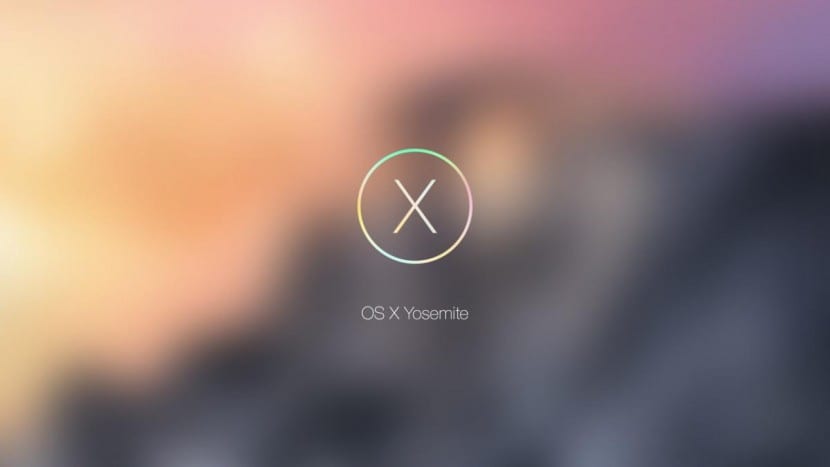
When we create a user on Mac we are given the possibility to use our iCloud username and password or create a password locally to log in and access the desktop. Additionally users can also choose to choose the password locally and use their iCloud ID at any time as input to the OS X desktop as well.
Although a priori the option of using a single password such as iCloud may have its advantages, you just have to remember an access password and this makes it easier to recover or restore if we forget it, it can also have its drawbacks in certain situations, since certain users may prefer to use different passwords for security reasons.

If you have chosen to use an iCloud password to access your Mac by setting up OS X, you can later choose to unlink the iCloud login and use a completely separate unique local password. If, on the other hand, you are very forgetful, you may not want to completely unlink the iCloud account and keep them unified, anyway, let's see what steps we must follow to unlink the password:
- We will click on the Apple menu and select "System Preferences"
- We will go to "Users and groups" and from that window we will click on change password
- We will see a warning message »Do you want to change your iCloud password or stop using it to unlock this Mac and create another password?» We will select »Use another password«
- We will establish and confirm the new password and we will have it ready
Of course, this action is recommended for computers that contain sensitive data that require a somewhat higher degree of security and that, although it does not make a notable difference if it adds that little extra security to safeguard the information, we could even consider encrypting the information such and how we explain in this post.